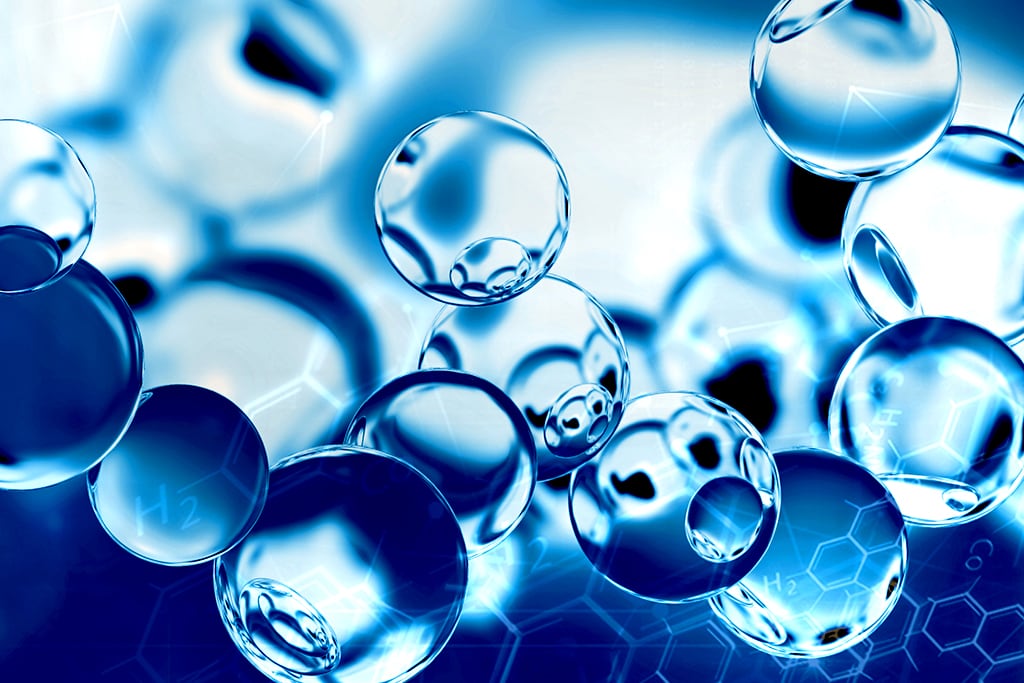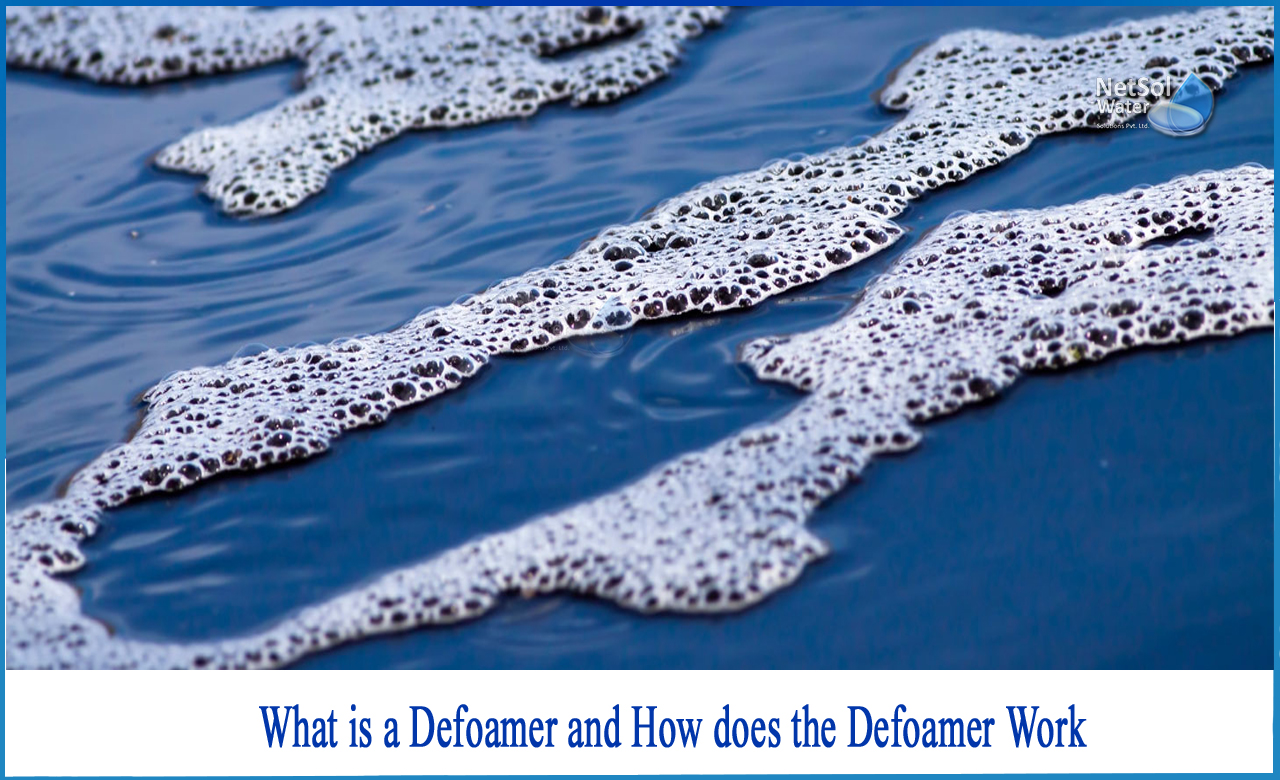Defoamers: Key Solutions for Managing Foam in Various Processes
Defoamers: Key Solutions for Managing Foam in Various Processes
Blog Article
The Duty of Defoamers in Enhancing Item High Quality and Efficiency
In different manufacturing processes, the presence of foam can significantly impede item high quality and functional effectiveness. Defoamers function as important ingredients that reduce this issue, guaranteeing smoother manufacturing operations while boosting the practical and visual characteristics of the end products (defoamers). Their application covers a wide variety of markets, from food and drink to drugs, where uniformity and integrity are paramount. The choice of the suitable defoamer can be vital to accomplishing ideal outcomes, increasing important inquiries regarding formulation compatibility and performance metrics that merit more expedition.
Recognizing Defoamers
Comprehending the role of defoamers is essential for keeping product quality throughout various sectors. Defoamers are chemical ingredients made to avoid the formation and decrease of foam in fluid systems, which can detrimentally influence processes such as mixing, filling up, and surface area tension. Foaming can lead to ineffectiveness, product flaws, and endangered visual appeal, making defoamers a critical component in making operations.
In industrial applications, defoamers help to enhance product uniformity and security. In the paint and layers sector, foam can interfere with the application process and the final surface. In food and beverage production, excessive foam can prevent bottling and product packaging performance. The reliable use defoamers not just makes certain smoother manufacturing procedures yet also contributes to exceptional item performance.
Moreover, the option and solution of a defoamer have to align with details application demands, such as compatibility with various other ingredients, effectiveness under varying temperature and pH problems, and prospective regulative constraints. Eventually, comprehending defoamers' functions and their relevance in various solutions is critical for optimizing production and making sure the highest quality final result.
Sorts Of Defoamers
Defoamers can be classified right into a number of kinds based upon their structure and device of activity. The main types consist of silicone-based, non-silicone natural, and inorganic defoamers.
Silicone-based defoamers are amongst one of the most efficient, mostly because of their capability to spread out quickly on the fluid surface area and interfere with foam formation. Their one-of-a-kind chemical structure enables premium stability, making them ideal for high-temperature applications and environments with differing pH degrees.
Non-silicone organic defoamers, commonly composed of fatty acids or all-natural oils, are valued for their biodegradability and lower toxicity. These are typically used in food and beverage applications where safety and security and environmental influence are critical.
Inorganic defoamers, that include compounds like talc or calcium carbonate, act by boosting the density of the liquid, thereby lowering foam security. They are usually utilized in commercial processes where compatibility with other products is not a problem.
Each sort of defoamer has unique benefits and constraints, permitting tailored remedies relying on the details frothing concerns experienced in different applications. Understanding these distinctions is essential for optimizing performance and attaining wanted item high quality.
Applications Across Industries
Various industries take advantage of defoamers to enhance product quality and functional efficiency. In the food and beverage field, defoamers are critical in processes such as brewing and milk production to protect against foam formation, which can lead to ineffectiveness and product disparity. By regulating foam, manufacturers can make sure much better return and an extra consistent product.
In the pharmaceutical market, defoamers play an important function in the solution of liquid drugs, where extreme foam can hinder mixing and precise application. Their use helps preserve the honesty of the solutions and assists in smoother production procedures.
The paint and coatings sector also relies upon defoamers to improve the efficiency of products during application. By lessening foam, these ingredients guarantee a smoother surface and enhance the visual qualities of the last product.

Benefits of Using Defoamers
While the application of defoamers varies across sectors, their benefits consistently boost product high quality and procedure effectiveness. One substantial benefit is the decrease of foam formation throughout producing procedures, which can otherwise cause manufacturing hold-ups and incongruities in item top quality. By reducing foam, defoamers allow a smoother circulation of products, assisting in extra efficient operations and reducing the chance of devices breakdowns.
In addition, using defoamers can improve the look and structure of last items. In industries such as finishes, paints, and food processing, too much foam can jeopardize the visual aesthetics and overall high quality, while the appropriate defoamer application makes sure an uniform surface and preferable attributes. Moreover, defoamers can add to set you back savings by reducing waste during production and enhancing the usage of basic materials (defoamers).

Selecting the Right Defoamer
Choosing the right defoamer is vital for optimizing manufacturing processes and making sure item top quality. The selection of defoamer affects not only the effectiveness of foam control yet additionally the total performance characteristics of the last item. Factors to think about consist of the kind of application, the chemistry of the formulation, and the ecological problems under which the item will be used.
Different sectors may call for specific defoamer kinds, such as silicone-based, natural, or polymeric defoamers. Recognizing the compatibility of the defoamer with the main active see it here ingredients is important to stay clear of unfavorable responses that might jeopardize product integrity. In addition, the defoamer's effectiveness in different temperature levels and pH levels have to be evaluated to make sure consistent performance.
Checking the defoamer in small applications can give important insights right into its efficiency and viability. Consideration of regulative compliance, especially in food, pharmaceuticals, and cosmetics, is vital in picking a defoamer. Ultimately, a detailed analysis of these elements will lead to the option of a defoamer that not just regulates foam successfully yet also enhances the quality and performance of the last item.
Final Thought

Finally, defoamers are crucial additives that substantially boost product high quality and efficiency throughout numerous markets. By efficiently reducing foam formation, these representatives not just boost functional efficiency yet likewise add to the visual and practical stability of items. The strategic choice and application of defoamers bring about cost financial savings, maximized source use, and raised client contentment. In general, the significance useful source of defoamers in commercial processes can not be overemphasized, as they play a vital function in accomplishing regular and high-grade outcomes.
Frothing can lead to inadequacies, item defects, and compromised aesthetic allure, making defoamers an essential element in producing operations.

Report this page